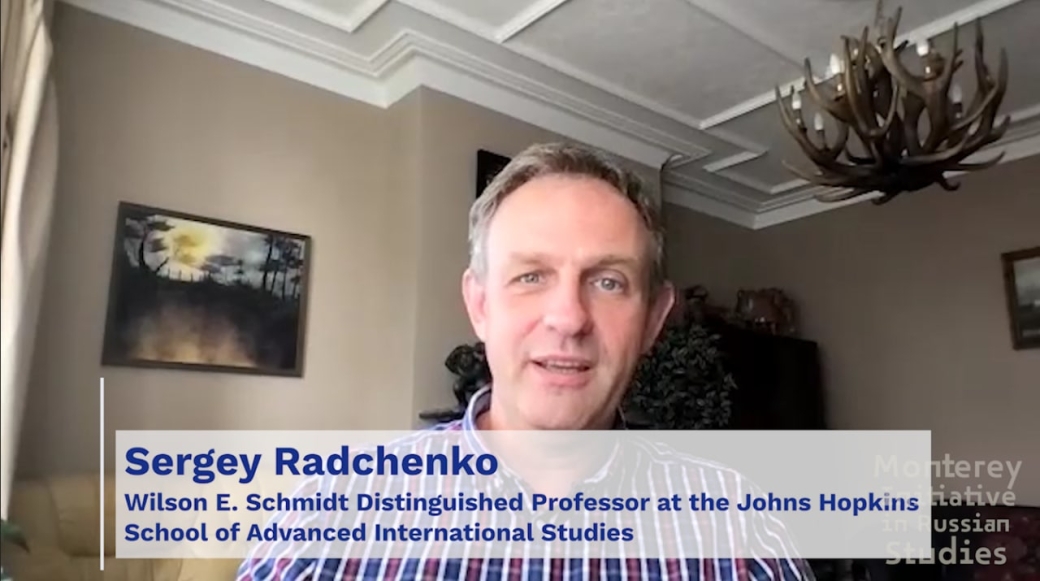Launch of the Monterey Trialogue: An Innovative Forum for Global Discussions
| by Yanliang Pan and Altynay Junusova

The Monterey Initiative in Russian Studies launches the first Monterey Trialogue, a multi-month program of lectures, roundtables, and exercises aimed at promoting discussions of the most critical international issues while connecting established experts and rising global thinkers across geopolitical divides.
Starting from September, the Monterey Initiative in Russian Studies (MIRS) will be hosting a community of 16 fellows from Russia, China, North America, and Europe for its first Trialogue program. During the next three months, these graduate and postgraduate students as well as young researchers and practitioners will convene virtually for a series of interactive discussions with leading experts on a variety of global issues, from international systems to cyber; from climate change to nonproliferation. Further enhancing the learning experience are two VR-assisted experiential modules, in addition to debates and simulations that introduce a unique interactive element. The fellows will also have the opportunity to apply their insights through collaboration on joint publications, thus contributing their fresh perspectives to current discourses.
For the organizers at MIRS, the idea of a Trialogue is both novel and familiar. For the past six years, the Initiative has hosted an annual summer symposium aimed at addressing the most critical issues in U.S.-Russia relations through events of similar formats. In the course of symposium discussions, it became increasingly clear that when it comes to truly global issues like climate change and arms control, a bilateral approach is far from sufficient. Future discussions must be able to escape bipolar paradigms, whether that refers to a narrow U.S.-Russia focus or a limited U.S.-China lens.
Building upon years of experience with the Monterey Symposium, the MIRS team set out to organize precisely such a discursive platform, connecting like-minded scholars and practitioners in the process. “It’s been quite a busy year, to put it euphemistically,” Monterey Trialogue Director Dr. Jade McGlynn acknowledges. “The purpose of the Trialogue is to focus on areas and ways to cooperate, on those spaces where it still makes sense to discuss and have not a dialogue but a trialogue.”
On Tuesday, August 30, Professor Sergey Radchenko of Johns Hopkins SAIS delivered a virtual keynote that launched the three-month program. The 90-minute keynote dealing with the history of relations between Moscow and Beijing – and Washington’s engagement with both – set the perfect tone for the program to follow. Focusing on three particular moments in history, from the formation and dissolution of the Sino-Soviet alliance to the emergence of strategic partnership between Moscow and Beijing in the 21st century, Professor Radchenko navigates between various historical accounts of what was and could have been in the triangular relationship, all with lessons for the present. Indeed, bilateral relations have never existed in a vacuum. Examining the history of the triangular relationship, it is not difficult to identify both mistakes and missed opportunities. At a time when bilateral relationships are increasingly precarious and at times clearly unproductive, the MIRS team believes, a Trialogue may just be what is needed.
